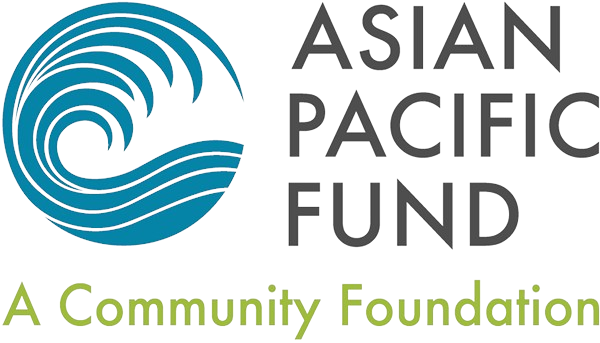My Grandparents
Max Yun, 2nd Place
6th Grade
Walnut Creek
I remember that face with various wrinkles and those glasses that twitch up and down. The brown dots on her tattered face that went through so many hardships. The frowns and the chuckles, the gentle eyes and gray hair, all are embedded in my head ever so clearly. And I remember this man, who in his youth could furiously dance his fingers around the piano in a blur. This man could leap and he could dash; he could shoot basketballs and play instruments with extremely hard names to pronounce. These two people are my grandmother and grandfather, who peacefully live in the suburbs of Changchun, China. They speak nothing but Chinese, and their language comes out in such a flurry that baffles me in every way. I can hardly speak, but I can understand fairly well. But what a language I am missing out on, even though my family is all Chinese. I can recall a night when I was sitting alone with my grandmother, showing her an English book with Chinese characters sitting next to them. And she read them, so fluidly and peacefully, immersed in the pages of paper. I sat on the bed next to her, my head down, listening to every foreign word. After a while, she had stopped and my head shot up. I looked at her and she gave me a kind smile and left the room. Such simple words she had transformed into great strings of sentences that filled the entire room with their elegance. My heart shrinks as I realize what power I never could wield. And then there is my grandfather. He cannot weave words and tales that my grandmother can for his mouth no longer can perform such dastardly feats. But place a smooth brush in his hands, and he can construct a masterpiece with spectacular images and dazzling movements. Simple lines morph into complex pictures that can represent words in a different form with his own feel. When his paintbrush strokes the blank paper, power flows into the sheet and transforms itself into elegant designs and elaborate characters. With a simple, fluid stroke, he gently touches the paper, creating images and symbols, peaceful and loving. He is commanding with a single tool and a paper. But when his hands dance around the clear frame of a flute or clarinet, he seems so peaceful and so calm. What he could not relay in words and stories, he could demonstrate not only through paintings, but also through the clean whistle of a windpipe. These are two important figures in my life that both have rare traits. But if I want to learn to speak my ancestral language, how do I do it? To me, it requires practice and effort. In the car, I read flash cards with pictures and characters on them to help me memorize and efficiently remember words. It also embarrasses me that these cards are for 4 year olds. I converse with my parents in Chinese and learn new vocabulary and their pronunciations and meanings. Also, when my parents talk with their sisters and relatives, they occasionally hand the phone to me, trying to test my skills. I know that I won’t be able to speak it in a year and maybe not even 5 or 10 years, but I realize as long as I persevere and recognize the beauty of the Chinese language, I will master it. What I want to do in my heart is to learn Chinese and be able to sing tales and stories of China like my grandmother and carry the gracefulness, the strength, and the serenity of my grandfather.

